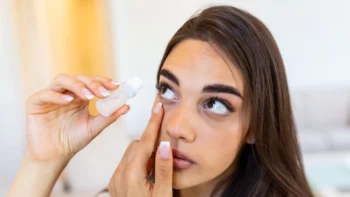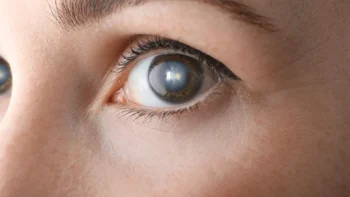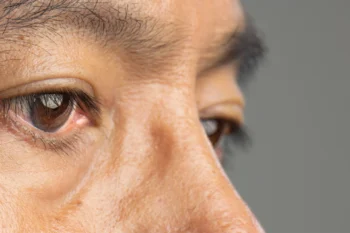Did you know that there are many different types of glaucoma?
There are! If you have been diagnosed with glaucoma, your doctor will tell you which type of glaucoma you have and which treatment they recommend. Even if you haven’t been diagnosed, it is a good idea to educate yourself on the many different causes and variations of glaucoma. Here are a few of the most common:
What is Glaucoma?
Glaucoma is a condition that causes high pressure inside the eye. The high pressure builds up and progressively damages the optic nerve as it builds. You can read more about glaucoma on our website, or keep reading for a quick description of the condition.
Your iris has holes, or canals, in it and liquid flows in and out. When you have glaucoma, the iris has blocked the drainage holes and liquid cannot flow out of the eye.
The liquid continues to build up and as it builds up it damages the optic nerve. Eventually, the optic nerve will die and cause blindness.
The first symptom of glaucoma is usually darkened peripheral vision. This just makes the edges of your vision appear grey or black. It usually gets worse until the patient begins taking medication or gets surgery if needed.
Glaucoma is actually the leading cause of blindness in people over 60 years old. Luckily if treated early, glaucoma will not cause blindness.
The following are the most common types of glaucoma.
Open-Angle Glaucoma
Open-angle glaucoma is the most common type of glaucoma. It’s also called chronic glaucoma or primary glaucoma.
It is caused by the liquid flowing slowly out of the drainage canal. It’s gradual and while it can happen in younger people, it is usually brought on by age. We generally see it in patients over 50 years old.
There are usually no symptoms with this type of glaucoma. Once damage occurs, it cannot be reversed, but often patients don’t know they have the condition until they begin to lose vision.
If you are at risk for glaucoma, visit your eye doctor every year or two for a checkup. Your doctor can find the disease before you will notice it. We can significantly slow down the progress of glaucoma with medication and treatment. See who is at risk for glaucoma.
Normal-Tension Glaucoma
This type of glaucoma is exactly as it sounds—the tension or pressure levels in the eye are normal, but there is still damage to the eye. Nobody knows for sure why normal-tension glaucoma happens.
It is a fairly rare form of open-angle glaucoma. Researchers are looking into this disease more and more, and hopefully we will have more information about it in the coming years.
Angle-Closure Glaucoma
Angle-closure glaucoma is a quicker form of glaucoma that is caused by a completely blocked drainage canal. It develops quickly, sometimes in only a few hours, where open-angle glaucoma develops over years.
The symptoms and damage are noticeable and almost immediate with this type of glaucoma. Go to the doctor immediately if you notice blind spots or darkening peripheral vision.
It is most commonly diagnosed in people of Asian descent, and it is far less common than open-angle glaucoma. Most of the time this type of glaucoma is hereditary, so if you are at risk for glaucoma then make sure you stay on top of your regular appointments.
Secondary Glaucoma
Secondary glaucoma is a subset of angle-closure or open-angle glaucoma. It refers to a glaucoma diagnosis where we know what caused the vision loss. It can be caused by some medications, inflammation, or an injury. We often see it in patients with diabetes.
What to Watch Out For
- If you are at an increased risk for developing glaucoma, visit your eye doctor every year or two.
- Look for dark or shady peripheral vision. If the vision near the sides of your eyes is getting dark, then visit the doctor.
- With angle-closure glaucoma, patients feel pain and sometimes nausea. Look out for that.
- In general, if you have noticed a change in your vision or if you feel eye pain, make an appointment with an ophthalmologist.
Comment below or reach out to us if you have any questions. In Nevada and looking for a Las Vegas eye doctor or ophthalmologist? Give us a call!





